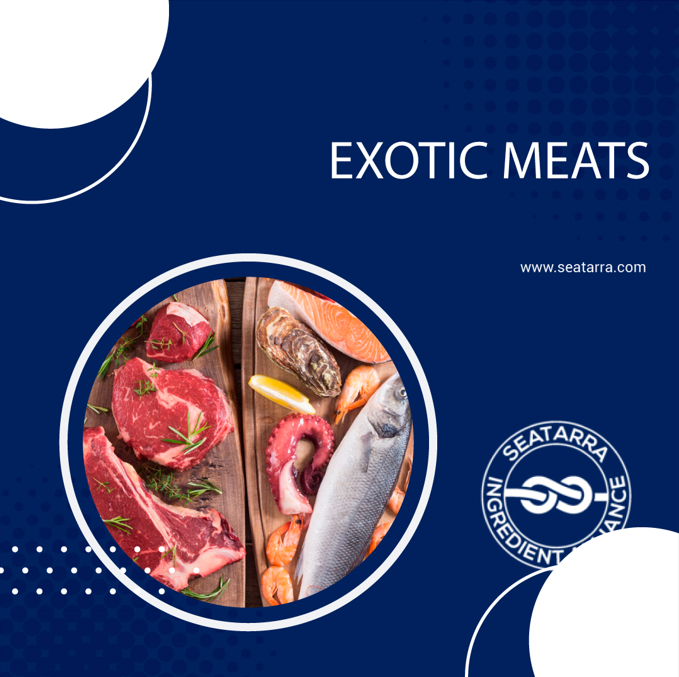As pet owners, we all want our furry friends to live a long and healthy life. We make sure they get plenty of exercise, provide them with nutritious food, and give them all the love and attention they need. But have you ever stopped to think about the role that amino acids play in your pet’s health? These essential building blocks of protein are crucial for your pet’s overall well-being, and ensuring they get enough of them is key to keeping them healthy and happy. In this article, we’ll take a closer look at essential amino acids and how they can help fuel your pet’s health.

1. Powering Your Pet’s Health: The Importance of Essential Amino Acids
Essential amino acids are the building blocks of protein and are crucial for your pet’s overall health and well-being. They play a vital role in maintaining your pet’s muscle mass, immune system, and energy levels. Without these essential amino acids, your pet’s body cannot function properly, leading to a range of health problems.
There are nine essential amino acids that your pet’s body cannot produce on its own and must be obtained through their diet. These include histidine, isoleucine, leucine, lysine, methionine, phenylalanine, threonine, tryptophan, and valine. Each of these amino acids has a specific function in your pet’s body, and a deficiency in any one of them can lead to health problems.
- Histidine: Helps with the production of red and white blood cells and helps to maintain the pH balance in your pet’s body.
- Isoleucine: Helps with muscle metabolism and energy production.
- Leucine: Helps with muscle growth and repair and regulates blood sugar levels.
- Lysine: Helps with the production of collagen, which is essential for healthy skin and coat, and helps to boost the immune system.
It’s important to ensure that your pet’s diet contains all of the essential amino acids they need to maintain their health. If you’re unsure if your pet is getting enough essential amino acids, speak to your veterinarian, who can recommend a balanced diet or supplements to ensure your pet’s health and well-being.
2. The Building Blocks of a Healthy Pet: Essential Amino Acids Explained
Amino acids are the building blocks of proteins, which are essential for the growth and maintenance of your pet’s body. There are 20 different types of amino acids that can be found in proteins, and they can be classified into two categories: essential and non-essential. Essential amino acids cannot be produced by your pet’s body, so they must be obtained through their diet.
Here are some of the essential amino acids that your pet needs to stay healthy:
- Methionine: This amino acid is important for the growth and repair of your pet’s tissues, as well as the production of healthy skin and fur.
- Lysine: Lysine is necessary for the formation of collagen, which is a protein that provides structure and support to your pet’s body.
- Tryptophan: Tryptophan is needed for the production of serotonin, which is a neurotransmitter that regulates mood and appetite.
In addition to these essential amino acids, there are also non-essential amino acids that your pet’s body can produce on its own. However, it’s still important to make sure that your pet’s diet includes all of the necessary amino acids to support their overall health and wellbeing.
3. Fueling Your Furry Friend’s Vitality: How Essential Amino Acids Benefit Your Pet’s Health
Amino acids are the building blocks of protein, and they play a crucial role in your pet’s health. Essential amino acids are those that your pet’s body cannot produce on its own, so it’s important to ensure that they are getting enough of these nutrients through their diet. Here are some ways that essential amino acids can benefit your furry friend’s health:
– Promote muscle growth and repair: Amino acids are essential for building and repairing muscle tissue. This is especially important for active pets who need strong muscles to support their daily activities.
– Support immune function: Amino acids are involved in the production of antibodies, which help your pet’s body fight off infections and diseases.
– Aid in digestion: Some amino acids, such as glutamine, can help improve digestion and reduce inflammation in the gut.
– Boost energy levels: Amino acids are involved in the production of enzymes and hormones that regulate energy metabolism, which can help keep your pet feeling energetic and active.
To ensure that your pet is getting enough essential amino acids, it’s important to choose a high-quality pet food that contains a balanced blend of protein sources. Look for foods that list specific sources of protein, such as chicken or fish, rather than generic terms like “meat meal.” You can also supplement your pet’s diet with amino acid supplements, but be sure to consult with your veterinarian before doing so. By fueling your furry friend’s vitality with essential amino acids, you can help support their overall health and wellbeing. In conclusion, essential amino acids are a crucial component in maintaining your pet’s overall health and well-being. These building blocks of protein play a vital role in everything from muscle development to immune system function. By ensuring that your pet’s diet includes all of the essential amino acids they need, you can help them live a long, healthy, and happy life. So whether you’re looking to support your pet’s athletic performance or simply want to keep them feeling their best, be sure to prioritize the essential amino acids that they need to thrive.

